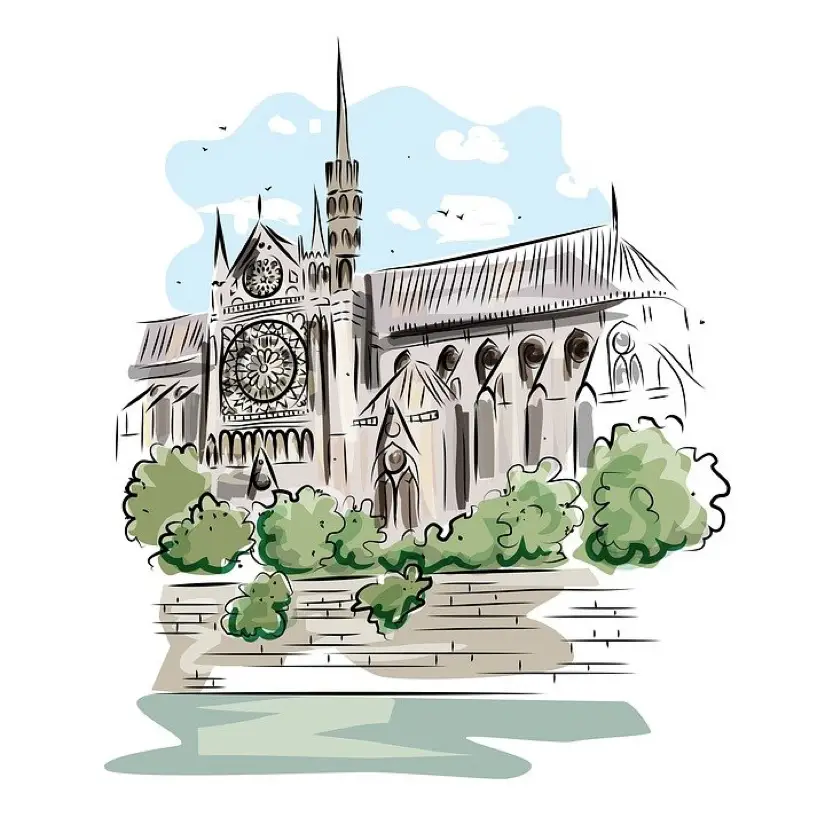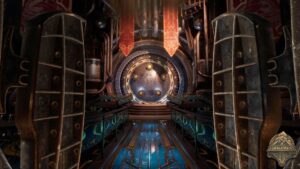A virtual reality project led by historians at JCSU (Johnson C. Smith University) will allow people to experience a virtual replication of razed Black neighborhoods.
JCSU has partnered with Duke University, UNCC (the University of North Carolina at Charlotte), and UNCG (the University of North Carolina at Greensboro) to bring together tech expertise to fulfill the concept. Led by Tekla Ali Johnson of Johnson C. Smith University and Brandon Lunsford, Digital Manager of the project, it will create a virtual replica of Charlotte neighborhoods that were razed in the ’60s and ’70s.
There are three levels in the project that will assure all community members will be able to learn about the neighborhoods.
The first level will be a visualization of historical maps, a 2D site that is web-based and accessible to all via the internet. The second will use AR with models and photos of historical structures, giving people a drone’s eye view. The third level will include a VR headset, with the focus of offering people the feeling of being in the neighborhood.
The other element of the project is the stories of the people who lived in that community. These stories would be told through pre-recorded oral histories.
“It’s always very important to tell the story of these neighborhoods through the eyes of the people that lived it, and not as university archivists and historians. So, when there is any narration or story, for the most part, we want it to be oral histories from the mouths of the people who were involved.” – Brandon Lunsford.
The project started two years back and is funded by:
- The Knight Foundation – Funds for the community involvement piece
- National Park Service – Funds for digitizing the maps
- The National Archives – Funded technological resources and other research needs
Duke University designers are working with JCSU historians to define schematics of the project, joining the historical and technological and components.
Follow us on LinkedIn
Read other Articles




